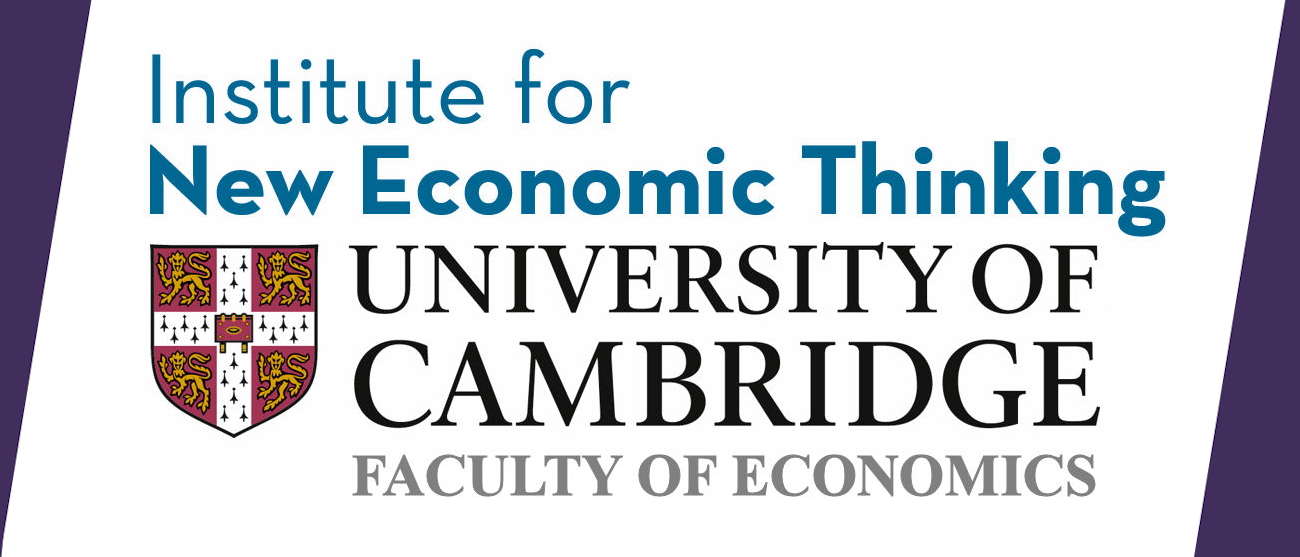Modern production is complex: For instance, building an airplane requires combining many indispensable types of components—engines, navigation systems, etc. In turn, these components are themselves complex, made up of many essential subcomponents, and so on. Thus, when the supply chain is disrupted and some goods cannot be sourced success- fully, the ripple effects can destroy a great deal of value. In this light it is unsurprising that there is considerable concern at present that COVID-19 will lead to major supply chain disruptions, with far-reaching implications for the economy.1
At the same time, businesses are used to dealing with sourcing disruptions. Disruptions are common, and happen for a variety of reasons: for instance, a delivery vehicle crashing, a misunderstanding about the requirements the input must meet, or a fire in a supplier’s factory. Because such failures can destroy considerable value for a given firm, firms have incentives to insure against them, in two key ways. One way is multi-sourcing: securing more potential suppliers of each essential type of input, in case one supplier cannot deliver. Another way involves investing in one’s supply chain, e.g., via more vigilant management of supplier relationships.
Will individual firms make choices that yield a globally robust supply network? In a new paper “Supply Network formation and Fragility” we use economic theory to model the incentives businesses have to invest in their supply chains. The aim of the work is to understand whether individual firms’ investments—undertaken to keep their own supply relationships robust—yield a globally robust supply network. Our findings show that a large economy can survive idiosyncratic disruptions that affect a few supply chains, but if failures are highly correlated, the consequences can be much more severe. The question is: which economies are susceptible to highly correlated failures? To analyze this question, a new theory of the strategic formation of supply networks for the production of complex goods is developed, in which firms decide both whether to enter the market and how robust to make their supply relationships. A main finding is that, despite multi-sourcing and endogenous investment in reliability, production chains can exhibit very stark fragilities at the aggregate level. Even small changes that affect supply relationships—for instance, a reduction in the availability of credit, the quality of commercial dispute-resolution, or increased delays at borders—can lead to a dramatic drop in overall output, and correlated failures among many unrelated supply chains. COVID-19 certainly qualifies as such a shock.
Fragile configurations are not only possible; there are actually forces systematically driving the economy to settle into such a fragile configuration. Suppose an industry supply chain is working well and firms in the industry are making large profits, attracting new firms to enter. As these new firms enter, they reduce profits in the industry. Supply chain investments in general suffer from a “free-riding problem”: firms don’t appropriate all the benefits of their reliability and therefore invest less than is socially optimal. This problem is exacerbated as profits in the industry decline. The authors show that, as a result, a significant share of the supply chains in a large economy can end up on a “precipice,” where small aggregate disruptions cause many supply chains to fail simultaneously.
The results can play a role in explaining contagions of economic distress across apparently distant parts of the economy. Consider, for example, a relatively small shock that causes banks to reduce the credit offered to businesses. If businesses think this might create problems for some of their suppliers, the quality of supply relationships can be sys- tematically reduced. Because of the “precipice” effects we discussed earlier, a significant share of supply chains are on the brink where such a reduction has large consequences. And so the small financial shock is amplified to a larger shock in real output. The consequences of that, in turn, can cascade throughout other parts of the economy, with the cycle of amplification repeating. With COVID-19, disruptions come from at least three sources: (1) direct restrictions on the flow of goods; (2) social distancing requirements that inhibit production; and (3) a financial channel similar to the one considered above.
Supply Network Formation and Fragility, Elliott, M., Golub, B. and Leduc, M. V. (2022) American Economic Review, accepted.
References
1Financial Times, “Companies’ supply chains vulnerable to coronavirus shocks”, 2020. Accessed: 2020-04-02.

About the authors
Matthew Elliott is Reader in Economics at the Faculty of Economics, Cambridge University and fellow of Jesus College, Cambridge. His research interests are Networked Markets, Network Games, Bargaining, Cascades on Networks, Search, Matching.
Benjamin Golub is Associate Professor at the Department of Economics at Harvard University. His research in Economic Theory focuses on Social and Economic Networks.
Matthew V. Leduc is Assistant Professor at Paris School of Economics and long term Cambridge-INET visitor. His research interests are in Economics of Networks, Microeconomics, Game Theory.








